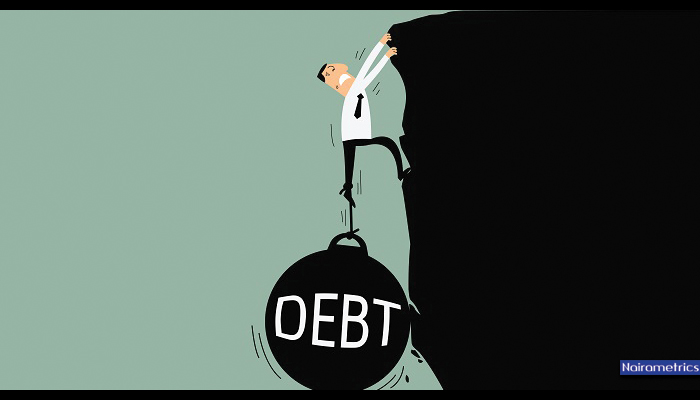Analyzing your income and your needs will help you to develop a befitting spending strategy that covers your expenses.

With the current economic climate, running into debt seems unavoidable for many individuals and organizations. Individuals, as well as businesses, are faced with daunting economic challenges which the pandemic has triggered.
It is important to note that staying out of debt requires cultivating an effective financial management approach.
It involves taking proactive steps towards managing money and time to limit debt and reduce financial worries. With the change in the economy, if sound and diligent financial efforts are placed in motion, it is possible to prevent accumulating debts.
Here are some ways to limit debt amid the present economic challenges:
1. Set Spending Limits
- It is easy to run into debt if spending habits are not placed in check. The increasing use of technology in the business sphere has made goods and services readily available.
- This means that purchasing desirable goods and services has been made effortless which plays a major role in increasing spending.
- Thus, setting spending limits will give you knowledge of how to utilize your finances. It will help you to know what you can afford within the range of your income.
2. Evaluate your Income and Expenses
- Having a sound knowledge of how much comes in and what it should be used for will enable you to spend your money wisely.
- Analyzing your income and your needs will help you to develop a befitting spending strategy that covers your expenses.
- Know the nature and demands of the expenses you make. When your needs are properly budgeted for, the chances of getting into debt to settle unplanned expenses will be limited.
3. Contentment is Important
- If you want to limit debt, you need to decipher the important things your income should be spent on and stick to it.
- Being content helps you aim for necessities. It gives you an understanding of your needs and wants, thus limiting the way you spend on unnecessary yearnings or desires.
- With the present challenges, contentment is required to exercise control over your finances.
4. Acquire Financial Knowledge
- Money management is a skill that needs to be sharpened to suit different economic climates.
- Financial literacy is required to make productive use of your finances. It is important to read books on finances or take courses on financial management.
- This habit will help to expand your knowledge on different concepts of money management which can be applied to your finances.
5. Be Realistic with Your Spending
- It is natural to desire things. The society is constantly portraying new products and services daily which give people the impression that they need to buy the latest products to stay in vogue.
- Many people go beyond their means to achieve this desire which eventually accrues unimaginable debts in the end.
- To avoid getting into debt, you need to be realistic with your spending. Analyze the essential things you need and check if you need to trim your budget to stay on track.
6. Get Extra Gigs
- If spending less is not keeping you out of debt, you need to try earning more to meet your needs. Additional income can meet more financial demands.
- Try to engage in activities that can earn you extra income. This will limit the tendency of accruing debts to foot your bills.
7. Have a Saving Plan
- One of the ways to limit the chances of running into debt is to make provision for unexpected expenses.
- The present economic situation poses a challenge to individuals and businesses. Many occurrences take place unexpectedly.
- In as much as having a budget is important, some pressing needs arise outside the budget that might throw you off guard if allocations are not made for such occurrences. Allocate your income to cover your saving plan.
Limiting debts requires a lot of self-discipline. It involves recognizing and curtailing the habits that are capable of getting you into debt. This means cultivating the habits of intentional and planned spending, as well as improved earning power.

No comments:
Post a Comment